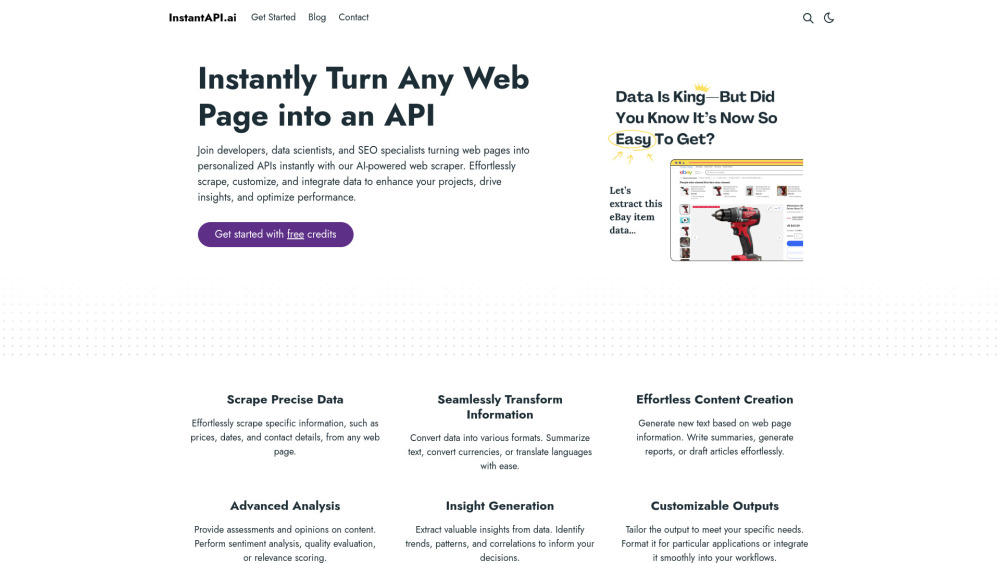At today's Meta Connect developer conference, Meta introduced Llama Stack distributions, a comprehensive suite of tools aimed at simplifying AI deployment across diverse computing environments. Alongside the release of the new Llama 3.2 models, this initiative marks a significant advancement in making cutting-edge AI accessible and practical for businesses of all sizes.
The Llama Stack features a standardized API for model customization and deployment, tackling one of the main hurdles in enterprise AI adoption: the complexity of integrating AI systems into existing IT infrastructures. By offering a unified interface for tasks like fine-tuning, synthetic data generation, and agent building, Meta presents Llama Stack as an all-in-one solution for organizations seeking to utilize AI without requiring extensive in-house expertise.
Central to this initiative is Meta's collaboration with major cloud providers and technology firms, including AWS and Databricks. These partnerships ensure that Llama Stack distributions will be available across various platforms, from on-premises data centers to public clouds. This multi-platform strategy is particularly enticing for enterprises employing hybrid or multi-cloud approaches, providing flexibility in managing AI workloads.
Meta's introduction of Llama Stack coincides with a pivotal moment in the AI industry. As businesses increasingly acknowledge the transformative potential of generative AI, many face technical complexities and resource demands when deploying large language models. Meta’s strategy includes both robust cloud-based models and lightweight alternatives suited for edge devices, addressing the spectrum of enterprise AI needs.
The Llama Stack architecture effectively connects developers, API interfaces, and distribution channels, allowing for flexible implementation across on-premises, cloud, and edge environments.
Breaking Down Barriers to AI Adoption
The implications of Llama Stack for IT decision-makers are significant. Organizations hesitant to invest in AI due to concerns about vendor lock-in or the need for specialized infrastructure may find Llama Stack's open and flexible approach appealing. The ability to run models both on-device and in the cloud using the same API can enable sophisticated AI strategies that balance performance, cost, and data privacy.
Nevertheless, Meta faces challenges in demonstrating the long-term viability of its open-source strategy in a market dominated by proprietary solutions. Additionally, addressing concerns about data privacy and model safety, especially in sensitive industries, is essential.
Meta has reaffirmed its commitment to responsible AI development, introducing Llama Guard 3, a safeguard system designed to filter potentially harmful content in both text and image inputs. This focus on safety is crucial for gaining the trust of cautious enterprise adopters.
The Future of Enterprise AI: Flexibility and Accessibility
As enterprises reassess their AI strategies, Llama Stack's promise of simplified deployment and cross-platform compatibility is likely to garner significant interest. While it's premature to declare it the industry standard for enterprise AI development, Meta's bold initiative has already disrupted the competitive landscape of AI infrastructure solutions.
The real strength of Llama Stack lies in its ability to democratize AI development, making it accessible to businesses of all sizes. By reducing technical challenges and resource requirements for AI implementation, Meta is paving the way for widespread innovation across industries. Smaller companies and startups previously sidelined from advanced AI capabilities may now have the tools needed to compete with larger, resource-rich corporations.
Moreover, Llama Stack's flexibility could lead to more refined and efficient AI strategies. Companies can deploy lightweight models on edge devices for real-time processing while utilizing robust cloud-based models for complex analytics—all within the same framework.
For business and tech leaders, Llama Stack represents a simplified pathway for integrating AI into their operations. The pressing question is no longer whether to adopt AI, but how to effectively integrate it into existing systems. Meta's new tools could expedite this process across various industries.
As companies strive to harness these emerging AI capabilities, it is evident that the race to unlock AI's potential extends beyond tech giants. With Llama Stack, even small businesses may soon leverage the power of AI.





